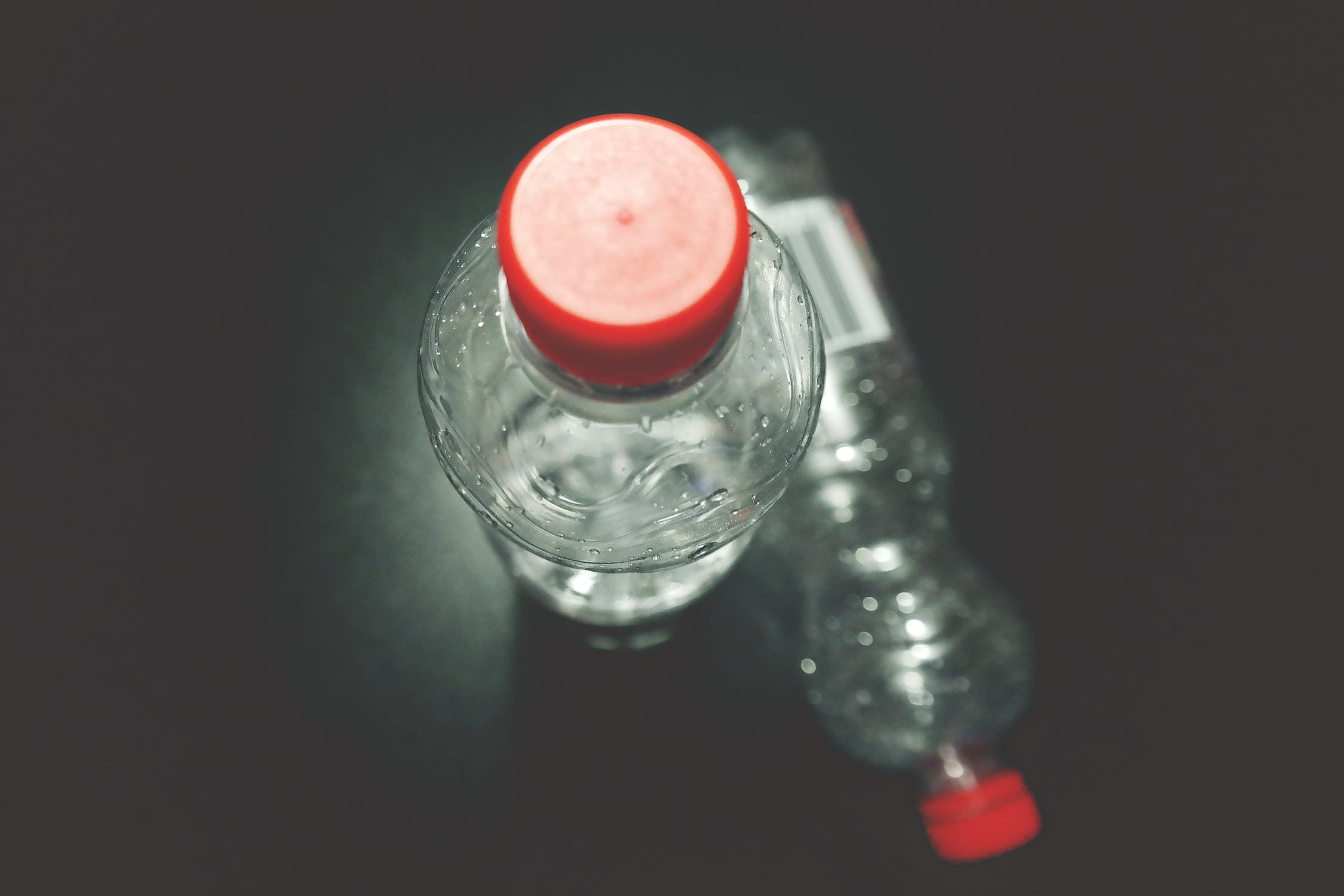All Bottled Up
By Stephanie Macdonald
With plastic bags, straws, Styrofoam and other single use plastics facing bans and heavy regulations globally, the use of another form of single use plastic is still being swept under the rug. The over consumption of single use plastic drinks bottles. It is estimated that as many as 1 million plastic bottles are bought around the world every minute and this number is ever increasing globally. In the United States alone 1,500 bottles of water are consumed every second with 50 billion bottles consumed in a year.
Plastic Oceans
Having conducted many beach cleans over the years it is apparent that drinks bottles are increasing in density. Bottles with their caps, bottles without caps and individual caps smother the coast lines of thousands of beaches all over the world. Recently myself and some fellow girls in ocean science went on a beach clean and without moving from the spot I chose to sit, it took me less than 30 seconds to fill up a bucket with just plastic bottles.
Water Crisis
One of the most wasteful uses of single use bottles comes in the form of bottled water. Bottled water companies turn in huge profits with manufacturers advertising and marketing their products as being of a higher quality, purer and safer than tap water despite evidence that this is not true in places where there is access to clean and safe drinking water. Some brands of bottled water each as Aquafina and Dasani have even admitted to be tap water in disguise.
Accountability
In the battle to reduce plastic consumption plastic bottles appear to have remained in some respects immune. Despite the increased incentives to have your own reusable bottle, plastic bottle consumption is still on the rise. Of the 480 billion plastic bottles produced in 2016, 110 billion were produced by the Coca Cola Company. In many countries drinks companies have even turned away from using refillable crates of glass bottles for the more convenient and cheap plastic bottle. We believe that if Coca Cola had to deal with the 110 billion bottles they made a year they would invest a great deal of effort into sustainable alternatives.
Keeping up with the times
Despite many drinks bottles being made of a recyclable form of plastic (PET) the consumption outweighs the ability to dispose of the product. Often the bottles are disposed in general garbage and not sent to recycling centers and in many cases the recycling facilities can not cope with the recycling pressures.
Not all hope is lost. Countries such as Germany, The Netherlands, Norway and Sweden have bottle recycling schemes in supermarkets where bottles are returned and exchanged for cash payments or store credit. This has enabled these countries to increase the bottle recycling to up to 90%. Additionally bottles are often made from a thicker plastic and refilled by the companies.
In a study conducted by Keep Britain Tidy when participants were asked when they would be likely to purchase bottled water ‘At the airport’ (42%) and ‘traveling long distances’ (36%) were the most common responses. With airport security regulations being so strict it would be encouraging for travelers to plan in advance bringing a reusable water bottle and providing more obvious access to refill stations. Many focus groups perceived a lack of access to tap water whilst traveling therefore leading them to purchase bottled water. We need to lobby and encourage access to clean drinking water, tap water and water fountains to prevent the reliance on purchasing bottled water.
What can you do?
Refuse: To drink from single use plastics, fill up your water bottle at home or use water fountains when available. Choose to consume drinks in cans or glass bottles.
Reduce: Your consumption of drinks that don’t come in cans or glass bottles.
Reuse: Invest in a reusable drinks bottle. Keeping a BPA free, stainless steel, or glass bottle which you can refill is good for both your health and the environment. Fill up before you leave the house and refill when possible. In case you happen to buy one reuse single use bottles.
Recycle: Plastic bottles properly and efficiently, when purchasing drinks in plastic bottles check if it is made from a recyclable plastic.
Raise Awareness: Tell your friends, family, local representative etc about the impact bottled products are having on our environment. Educate about the importance of using plastic alternatives.


